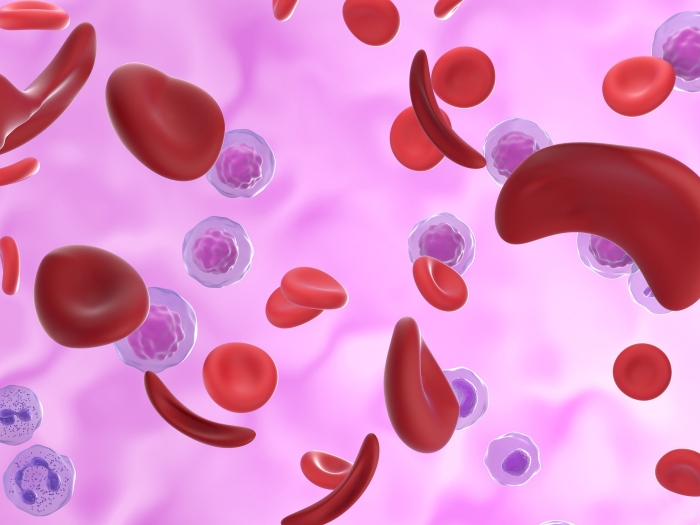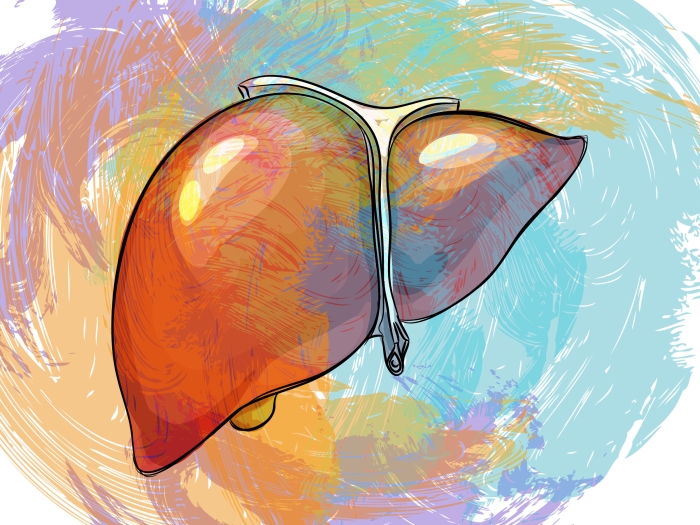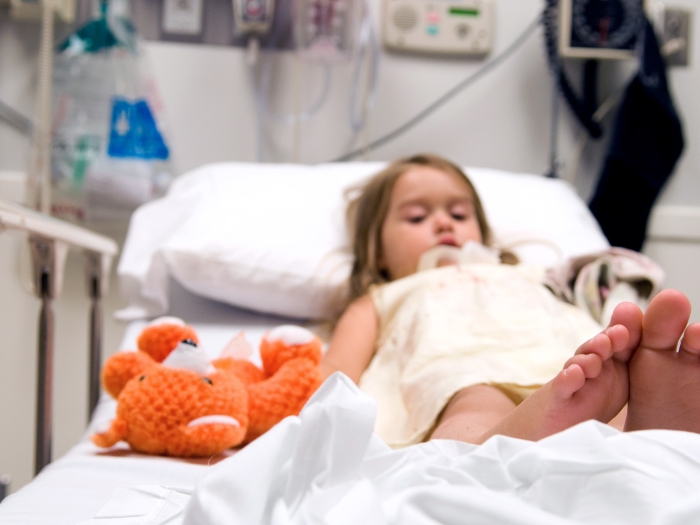Showing 91-105 of 394 results

Health Lab
How two newly approved gene therapies, including novel technology CRISPR, may help kids and adults with inherited blood disorders

Health Lab
Post-traumatic stress worse among Mexican American caregivers compared to white caregivers.

Health Lab
U-M study shows accurate AI models improved diagnostic decisions, but biased models led to serious declines

Health Lab
Experience gave him a new appreciation for interprofessional patient care

Health Lab
Itaconate shows promise in reducing inflammation for several conditions

Health Lab Podcast
The device would be the first clinical-grade, diagnostic wrist-worn device for long term Afib monitoring. Visit Health Lab to read the full story.

Health Lab
The process, also known as liver perfusion, works differently than traditional ischemic cold storage methods for donor livers by involving technology that recreates the optimal physiological conditions for the organ.

Health Lab
By studying first-year college students’ experiences and backgrounds, scientists may have discovered a way to go beyond genetics to predict which students might be more or less vulnerable to stress-related depression.

Health Lab
In a study of the three most commonly prescribed blood thinners, the oral anticoagulant rivaroxaban, known by the brand name Xarelto, was associated with a significantly higher risk of bleeding complications than apixaban (brand name Eliquis) and warfarin for patients with blood clots or atrial fibrillation.

Health Lab
Drugs approved for people with obesity or diabetes, such as Ozempic and Wegovy, can reduce risk for older adults; a new poll shows attitudes toward them

Health Lab
A Michigan Medicine study published in JAMA Network Open examines past-year use of some of these hemp-derived cannabinoids, including cannabidiol, Delta 8-THC, cannabigerol and cannabinol.

Health Lab
Focusing on the ‘tripledemic’ of RSV, flu and COVID-19 infections that occurred last year, their results underscore the importance of all types of hospital emergency departments being prepared to care for sick children, especially when health systems become strained.

Health Lab
Infants with hemophilia A who received monoclonal antibody emicizumab experienced few bleeding events and no serious complications, a study suggests.

Health Lab
Opioid painkillers prescribed by surgeons have gone down in recent years but the decline has slowed since the pandemic

Health Lab
Inadequate health coverage is a particular problem for commercially insured children, according to a Michigan Medicine and Columbia study. The research shows that coverage gaps are affecting publicly insured children as well.